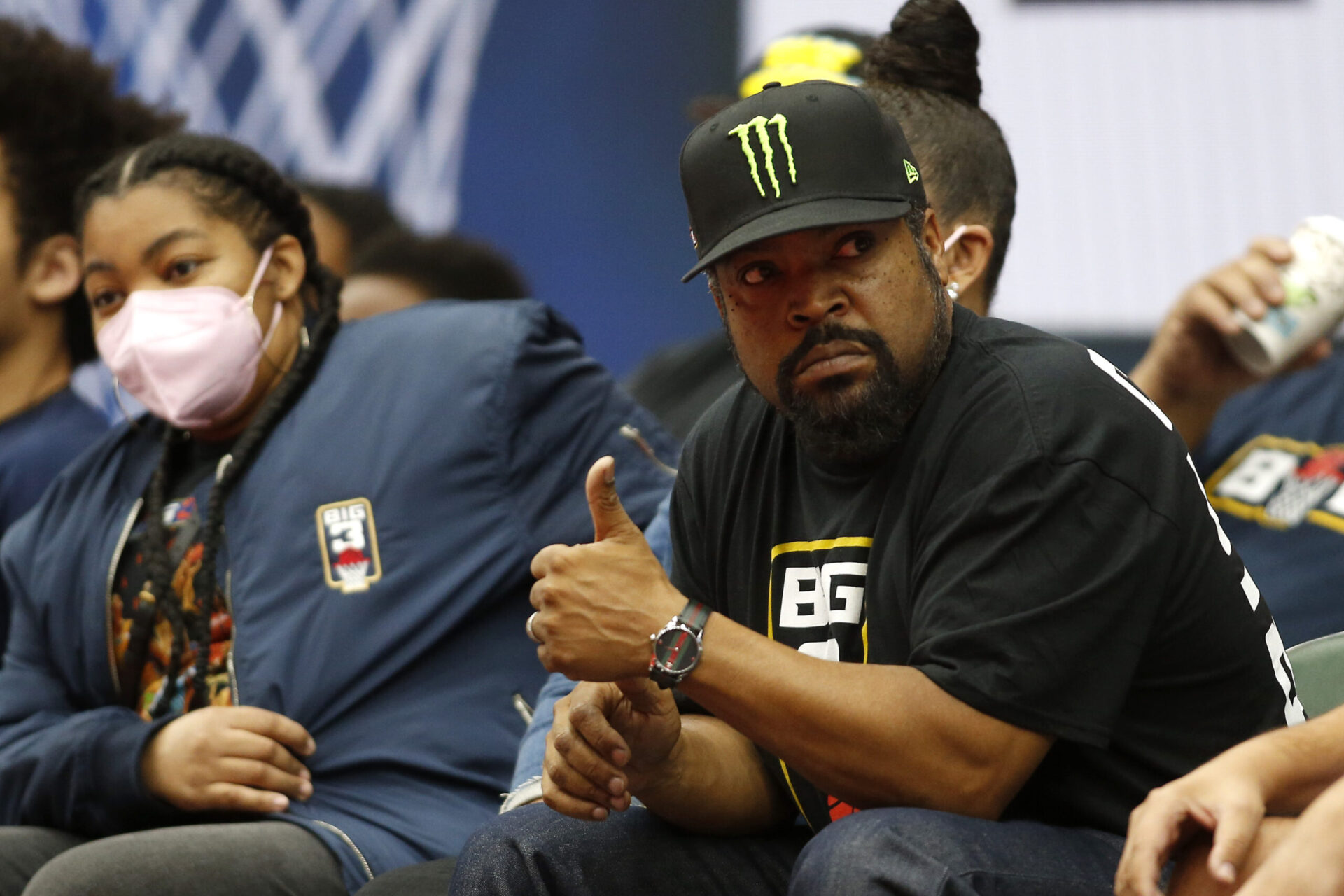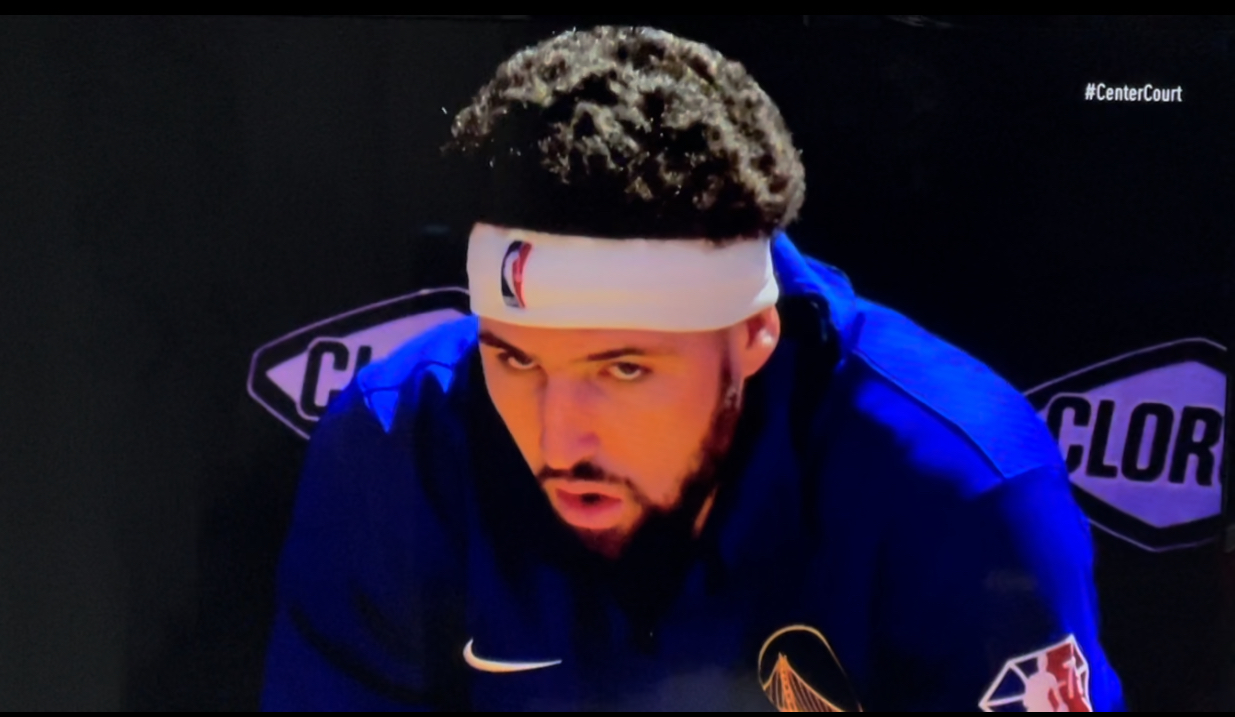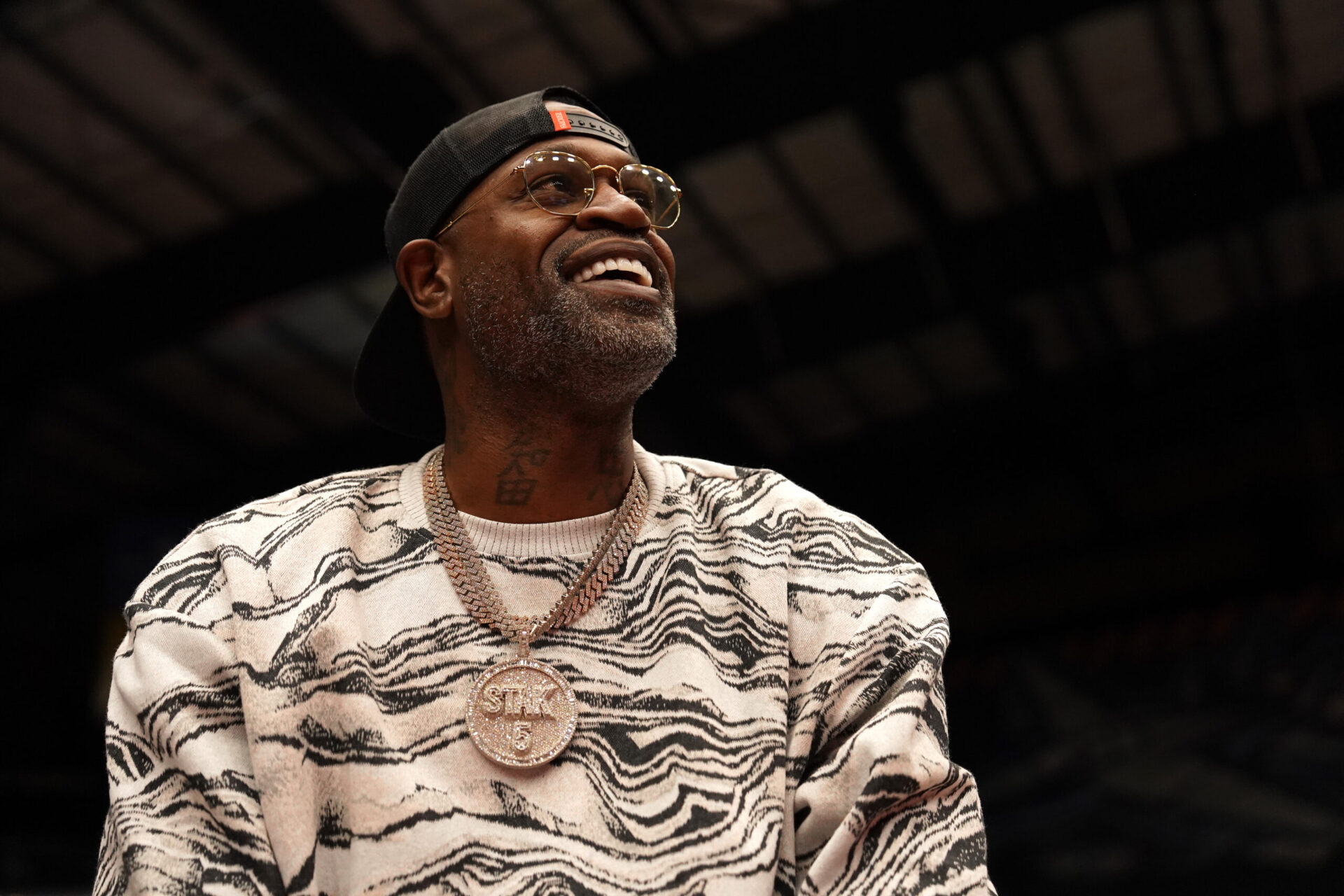When it comes to sports, one thing that is constantly talked about among players is a “brotherhood.”
The NFL has it, the NBA has it, and it comes with support and respect for each other.
With this brotherhood, these professional sports leagues have measures set in place that whenever one of their brothers retire or unfortunately pass away, their families are taken care of.
This wasn’t the case for former ABA player Sam Smith, who passed away at age 78 on May 18.
Smith, a former ABA player, had a short career, but he felt like he’d earned a pension from the NBA, which merged with the ABA and consumed four of its 11 teams.
Though Smith’s playing days were done a couple years before the merger, 1971 to be exact, Smith felt like he deserved a small pension from the NBA for his playing years, especially because a lot of events were happening in Smith’s life that required money that he didn’t have.
Smith, who was a superstar in high school and college for his respective teams, was born and raised in Hazard, Kentucky, where he played his high school basketball team.
The 6-7 forward was a Kentucky state all-star in 1962, and would go on to become the first Black player to start for the University of Louisville during the 1963-64 season. Smith subsequently transferred to Kentucky Wesleyan, where he won a Division II national title in 1966, also being named the Most Outstanding Player of the tournament.
Riding high on his collegiate success, Smith had the opportunity to play for the NBA, as he was drafted by the Cincinnati Royals (now Sacramento Kings) in 1967, but he deferred to play in the ABA, signing to the Minnesota Muskies.
His ABA career lasted four years. From 1967 to 1971 he played for three different teams, having a chance to play for his home state Kentucky Colonels, but eventually ending up on the Utah Stars, a team he’d win a championship with in 1971.
But unfortunately the next season during a road trip with the Stars Smith would suffer a panic attack, which doctors at first diagnosed as a heart attack. That caused Smith to quit and retire from basketball. He finished his short career with averages of 8.2 points and 7.0 rebounds per game.
He’d never play professional basketball again after that, instead choosing to go back home and pick up a night shift at Ford to support his wife, son, and daughter.
While working at home, Smith and his family struggled to make ends meet. As he got older, Smith would have to deal with certain setbacks that made it harder on their pockets.
The Ford company that Smith worked for covered his health insurance, but Smith needed more for his family and now his grandchild that his daughter had.
Smith’s daughter Felicia passed away as a single mother, leaving her child behind with her parents Sam and Helen to raise.
Sam couldn’t afford to pay for his daughter’s funeral, which led to him calling Dropping Dimes, a foundation that helps former struggling ABA players with them and their families.
Dropping Dimes CEO and founder Scott Tarter and his foundation were there with Smith every step of the way, once helping him get to his Kentucky Wesleyan championship team reunion, since he couldn’t afford it himself.
I’m an ABA guy. It’s part of who I am.
So it breaks my heart to see guys I played with in the League passing away under difficult circumstances.
Sam Smith was a good player and a good man. I hope stories like this one in @USATODAY will stop soon.https://t.co/84VupTMQHk pic.twitter.com/UOpQg38IdT
— George Karl (@CoachKarl22) June 9, 2022
Dropping Dimes is in talks with the NBA as well about getting the league to fund ABA pensions. A deal like this can help the other 138 ABA players who don’t have any pensions.
Sam Smith was patiently waiting for a pension that could help his family out and put him back on his feet. The $2,000 a month would’ve been huge for him and his family, but while the NBA had this pension plan since 1965, the ABA didn’t merge with the NBA until 1976. This meant that Smith was not allowed the NBA pension as he never even played for the NBA after quitting basketball in 1971.
Regardless of when Smith quit, he and Tarter firmly believed that it was the NBA’s obligation to take care of the few ABA players that couldn’t provide for themselves or their families, especially because after the merger many ABA players didn’t make it to the NBA.
Sam Smith captured that feeling when a few weeks before he passed he had Tarter take a photo of him in his hospital bed.
For the many of you that follow me, read today’s article from the @indystar about former ABA’er Sam Smith. It’s time the @NBA stopped playing four corners against the guys that helped shape today’s play. These guys deserve pensions now! Please Like & Retweet. #RemebertheABA pic.twitter.com/zVslUveNss
— Michael Pfotenhauer (@ColonelCards) June 9, 2022
“He grabbed my arm and pulled me closer to him,” Tarter told the Indianapolis Star. “And he said, ‘I would do anything to get the NBA to help these guys.’”
Smith wanted everyone to see this picture, so they could receive the message that ABA players matter, and that they’re still a part of the NBA family.



